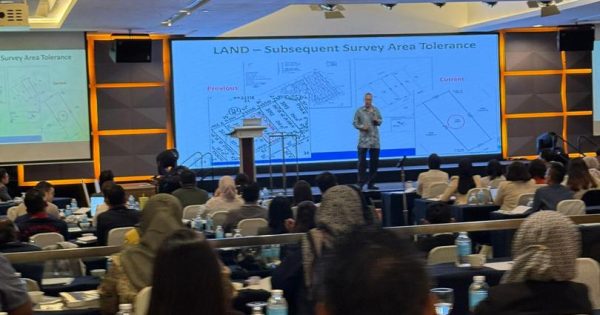
HILIRAN JUARA SDN BHD V TENAGA NASIONAL BHD [2021] 1 CLJ 565
Facts:
The plaintiff / respondent (TNB) supplied electricity to a Project known as ‘Pangsapuri Anggerik which comprised of 260 units of completed residential apartments, and a management office and common property with common facilities (“the said premises”).
The defendant / appellant was at all material time the registered consumer and TNB account holder in respect of electricity supply to the said premises. The defendant was also the developer of the Project.
Claim
The plaintiff claimed that as at 17.10.2018, a sum of RM277,494.85 was outstanding and payable under the electricity bills issued to the defendant under the account.
Main argument raised by the defendant
The defendant submitted that the title to the premises and the certificate of fitness described the building as residential building, hence the plaintiff’s claim which was based on the commercial tariff was illegal as residential charge should be applied instead.
Decision of the High Court:
The category of tariff to be imposed by the plaintiff on the supply of electricity to the said premise is not determined by the category of land use under the National Land Code but rather by the activities carried out at the said premises by the customer. The fact that the title to the premises and certificate of fitness described the building as residential building does not necessarily qualify the electricity supply to be given to every part of the building under the domestic tariff.
The defendant has admitted that the electricity supplied was not used for private dwelling but instead for an office and common utilities (it was allocated for the management office). The defendant did not fall under the definition of ‘domestic consumer’ under s. 37(16) of the Electricity Supply Act 1990 and was thus a ‘non-domestic consumer’. Therefore, the imposition of the higher commercial tariff was correct and justified.

Takeaway:
The category of tariff to be imposed by TNB is determined by the activities carried out at the said premise by the consumer.
The definitions of domestic consumer and non-domestic consumer are provided in s. 37(16) of the Electricity Supply Act 1990.
(16) For the purposes of subsection (3):
“domestic installation” means an installation in a private dwelling which is not used in any hotel or boarding house or for the purpose of carrying out any business, trade, profession or service;
“non domestic consumer” means a consumer of electricity other than domestic consumer;
“domestic consumer” means a consumer in domestic installation supplied or connected with electricity.

